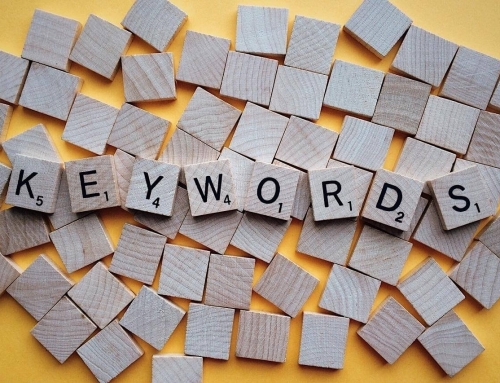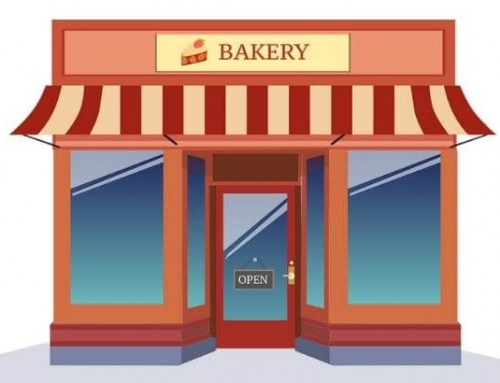The internet is a truly wondrous tool. Being able to just type a few letters into a bar, click search, and then see a uniform list of results all directly related to the words you just typed in is a luxury that few of us could live without. What’s even better is being able to just type a few letters into the bar, add in .com at the end, and with the click of the button be whisked away to the Promised Land.
How amazing is it that we can view information about any company, organization, or whatever else by locating it on the internet. Which makes us wonder, how do we locate a web page anyway? We all know that when we want to go to a web page, we type the webpage into the bar and it finds it, but how? The uniform resource locater or URL is how. We all know what a URL is, but few of us know that a URL can be a primary factor in an SEO campaign. Yes, you heard that right. There are even plenty of companies and SEO people who neglect this ever so important strand of letters. Good thing is this is easily rectifiable. Let’s get down to it.
It’s just the URL, it can’t really be a big deal… can it?
The URL isn’t going to make or break your SEO campaign. It’s possible to survive without one. But that’s the same thing as saying you don’t need pizza to survive. Of course we can survive without pizza, but why would you when it improves your quality of life so much? Same thing goes with the URL. A great URL will increase the quality of your website’s SEO and user experience, and make it easier for users to locate exactly what they need on your site. More importantly, search engine crawlers can quickly tell exactly what the page is about, and rank it properly.
That makes sense. So what should we do?
Well first off, clean it up a bit. It’s easy: a bad URL will look something like yourwebsite.com/77750-%store.html or something like that. Go into the webmaster tools and make sure it looks like exactly what is on the page. For example: yourwebsite.com/rates.
Oh, OK. That’s it?
No, of course not. There is more to it than that. Use this place to add some keywords in. If the keywords are in the URL it makes it that much easier for an engine to see what you’re all about. If you can spice the URL up by adding some targeted terms, it’ll do you wonders. If you have a coffee shop, why not add some terms like specialty coffee, or own brews, or free trade into the URL. OurAMAZINGcoffeeshop.com/menu/free-trade-coffee is going to help me out in directing all those young urban professionals straight to my fair-trade-loving doors. Don’t overdo it, though. Keyword stuffing is bad for you. OurAMAZINGcoffeeshop/menu-of-coffees/coffee-that-is-free-trade-coffee looks spammy, and Google won’t want to touch it.
Anything else?
Sure. It couldn’t hurt to make sure it looks logical. As in, having a simple, logical URL helps both users and crawlers find out how everything relates. An added bonus is that a logical directory structure in your URL will allow to be displayed neatly in the search engine results page. Such as: OurAMAZINGcoffeeshop.com>coffee>dark>dark-roast. It couldn’t hurt.
It might not seem like it makes a big difference, but having a well-crafted URL is a simple but effective way of improving your SEO nearly instantly. Don’t confuse your readers or crawlers with difficult to read strings of characters when it takes only a few minutes to make a neat, keyword infused URL that will boost where your website ranks on the SERP. Take the time. Trust us.
For more help with improving your SEO, contact the experts at BlueHat Marketing.






